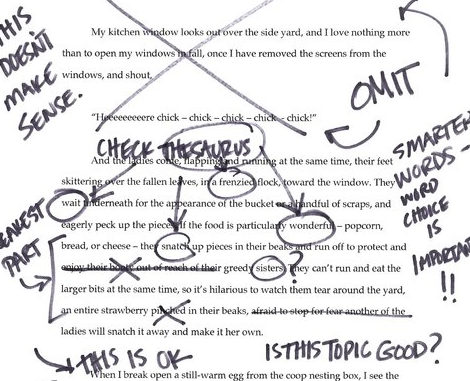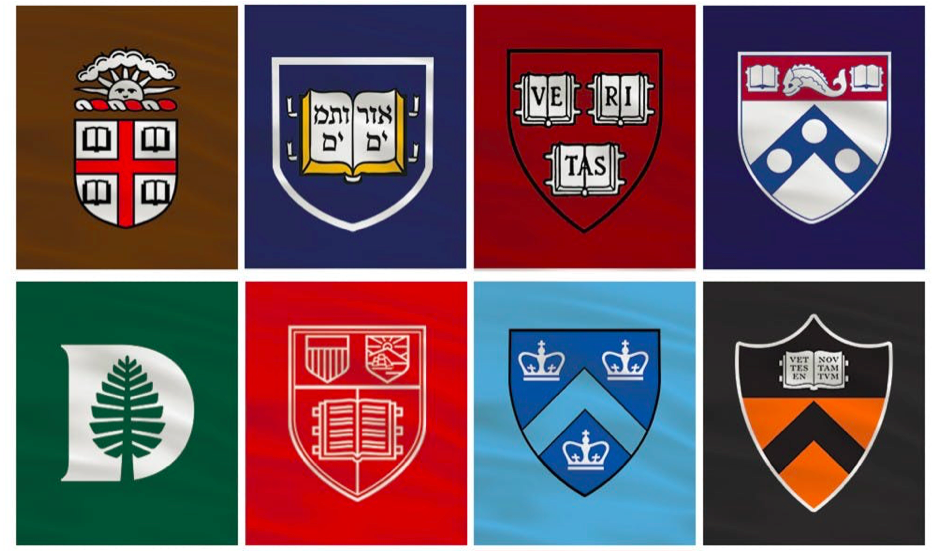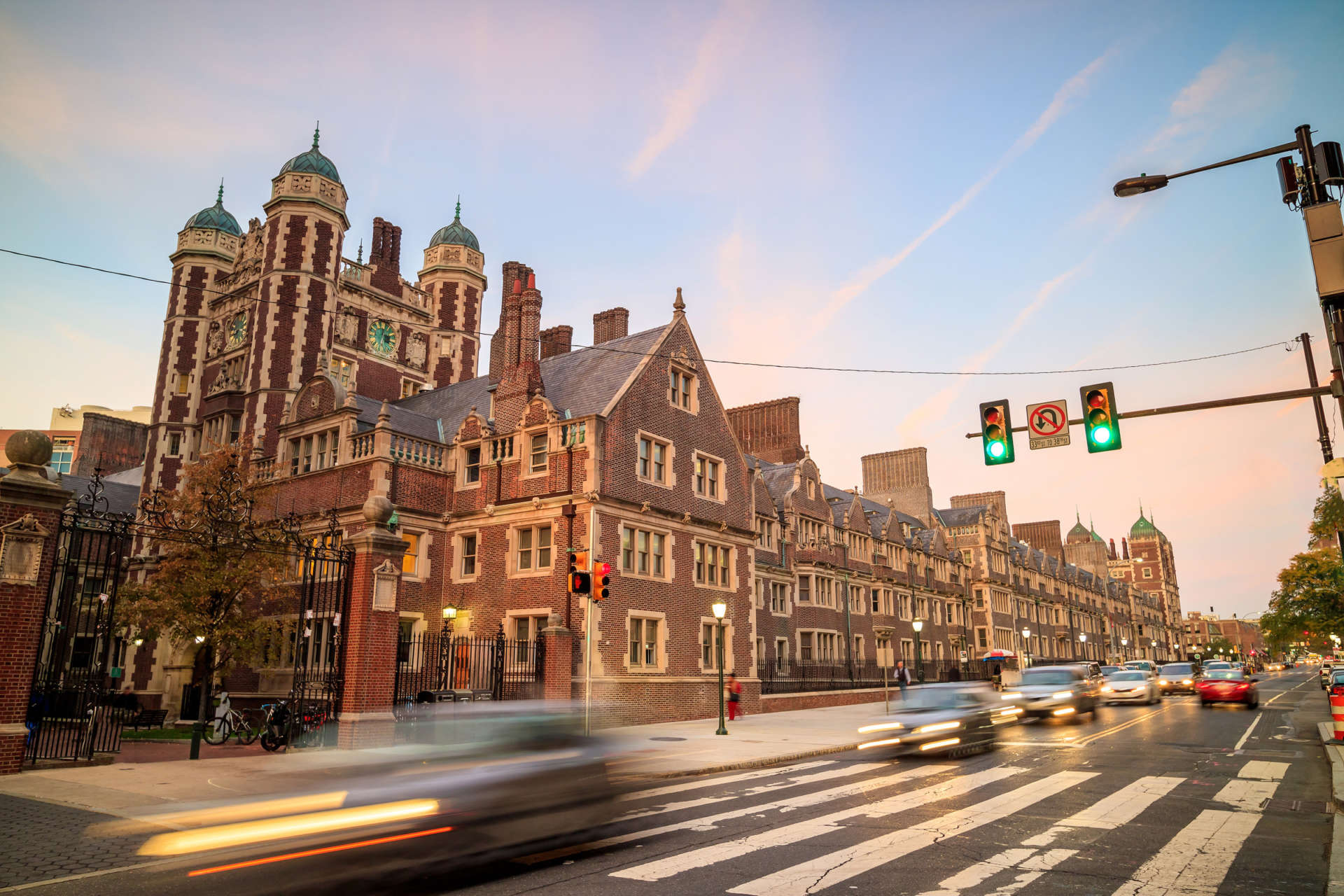It’s summertime, which means that many rising high school seniors are pondering the best way to spend a couple of months away from schoolwork.
For some answers, we turn to college admissions expert and college application coach Craig Meister – on location on the beach – for five important oceanside advice videos for rising high school seniors to ensure that they make the best personal choices for how to make the most of summer break.
1. Best Summer College Application Completion Advice
2. Summer Job vs. Summer Internship
3. Pre College Programs vs. Local Options
4. Is Summer SAT or ACT Prep a Smart Use of Time?
5. Don’t Forget to…
Craig is a college admissions coach and founder of CollegeMeister. He previously held university admissions and high school college and career counseling positions in Baltimore, West Palm Beach, and Rio de Janeiro.





 So much of what you read, watch, or hear in the media is there to make you feel like it’s impossible to get into Brown, Columbia, Cornell, Dartmouth, Harvard, Penn, Princeton, and Yale without cheating your way in or using some unsavory connection to worm your way in.
So much of what you read, watch, or hear in the media is there to make you feel like it’s impossible to get into Brown, Columbia, Cornell, Dartmouth, Harvard, Penn, Princeton, and Yale without cheating your way in or using some unsavory connection to worm your way in.

 In an increasingly connected world, reading beyond what pops up on a mobile device is dropping to the bottom of priority lists for many teenagers. And for those of us dedicated to books and the power of reading to educate, inform and entertain, this is REALLY bad news.
In an increasingly connected world, reading beyond what pops up on a mobile device is dropping to the bottom of priority lists for many teenagers. And for those of us dedicated to books and the power of reading to educate, inform and entertain, this is REALLY bad news.